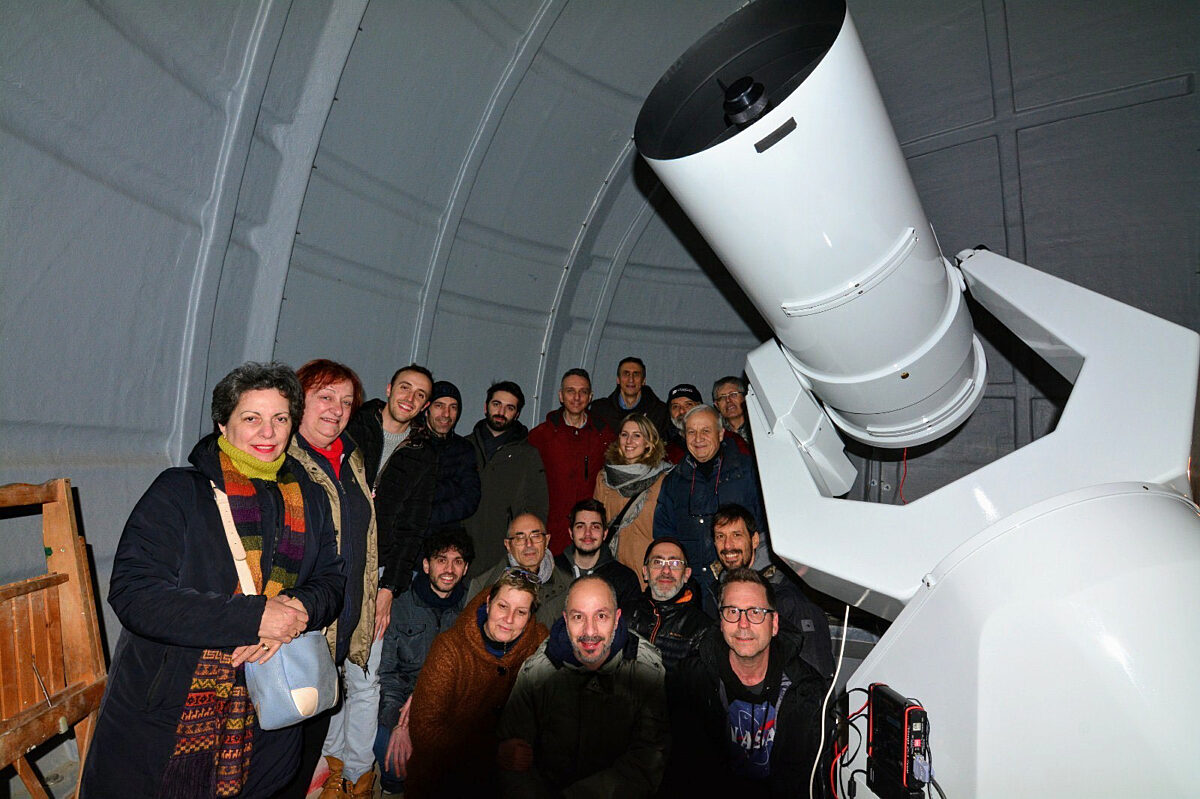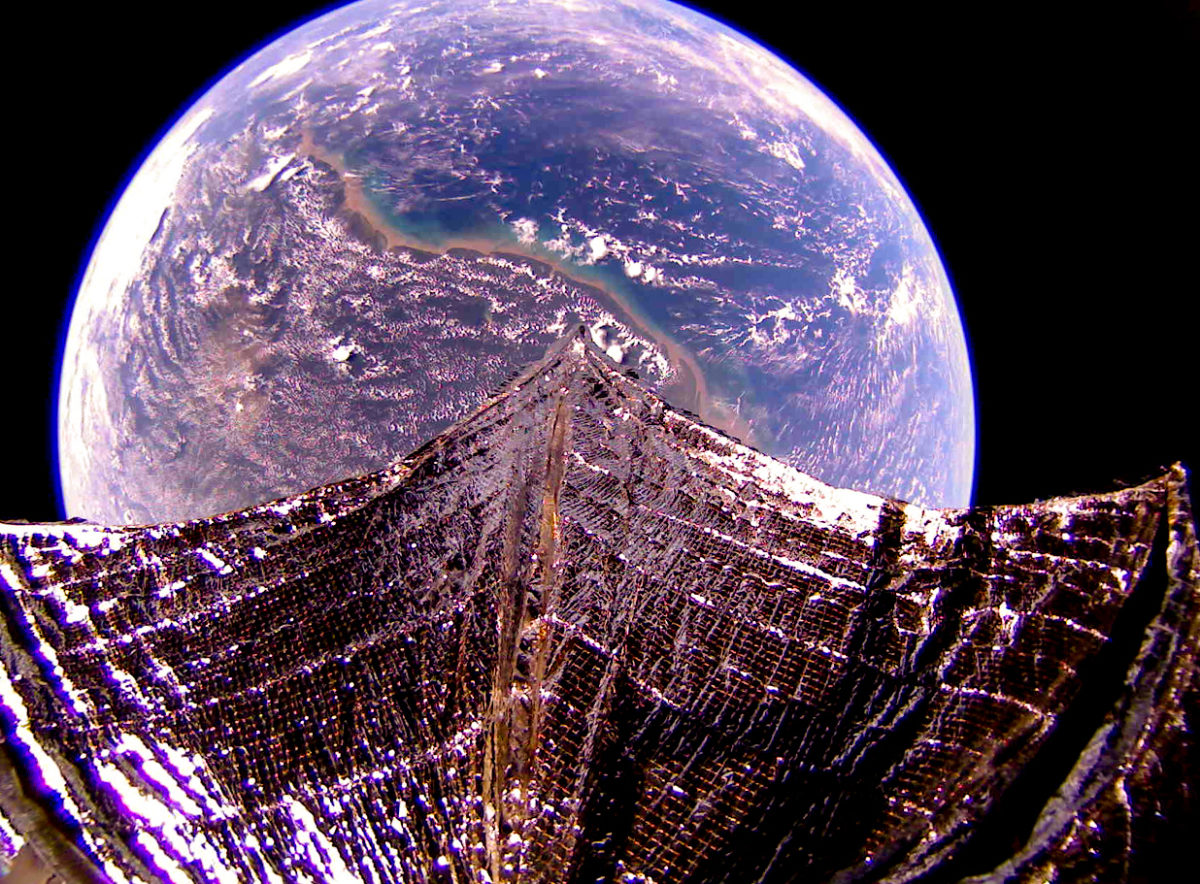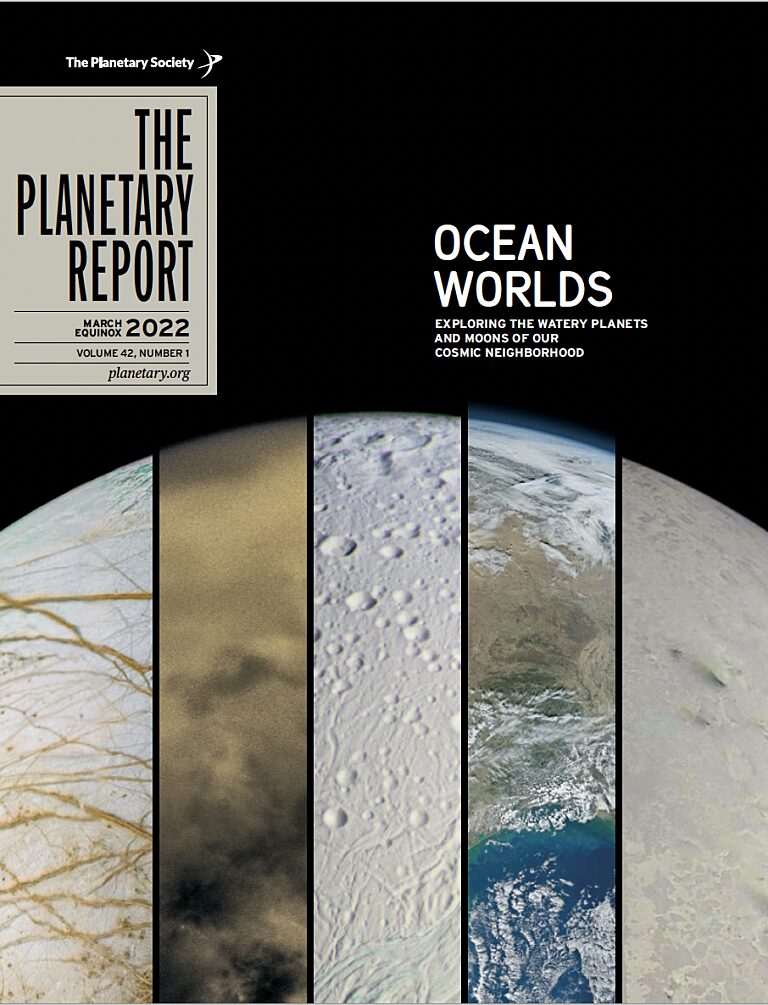Your impact: March Equinox 2022

Keeping eyes on the sky
We are pleased to announce the latest round of winners in our Shoemaker Near-Earth Objects (NEO) Grant program, which supports very advanced amateur astronomers who help protect Earth from asteroid impact by finding, tracking and characterizing NEOs.
Thanks to our generous members, we were able to award more money to more recipients than ever before, totaling $74,375. The eight winners are from seven countries on three continents. Over the 24-year history of the program, approximately $515,000 has been granted to 70 winners in 21 countries on six continents. Here are summaries of the newest winners.
Vladimir Benishek of Sopot Astronomical Observatory in Serbia: $9,500 to purchase a 61-centimeter (24-inch) mirror optical set to use in a new telescope enabling observations of fainter asteroids.
Fabrizio Bernardi and Maura Tombelli of Gr.A.M. (Gruppo Astrofili Montelupo) at the Beppe Forti Observatory in Italy: $13,000 for a new camera with a larger CCD (charge-coupled device) detector that provides a much larger field of view.
Massimo Calabresi, Roberto Haver and Raniero Albanesi of Associazione Romana Astrofili in Italy: $7,329 for a more sensitive camera and new filters.
Gary Hug, David Cromer, Doug Goodin and Russell Valentine of the Northeast Kansas Amateur Astronomers League at Farpoint Observatory in the USA: $11,591 to replace their camera and obtain new filters for their 0.7-meter telescope.
Cristóvão Jacques, João Ribeiro and Eduardo Pimentel of SONEAR (Southern Observatory for Near Earth Asteroids Research) Observatory in Brazil: $9,195 for a new camera and a video card. They have discovered a very impressive 35 NEOs.
Korado Korlevic of Višnjan Observatory of Croatia: $12,000 for a new camera, improving sensitivity and download efficiency for their 1-meter telescope.
Florent Losse of France: $3,760 to replace a failed camera and obtain a new secondary mirror. Field of view and sensitivity will both be improved.
Alain Maury (Chile), Georges Attard (France) and Daniel Parrot (USA) of the MAP survey: $8,000 for two cameras to go from two telescopes to four. Their 33 NEOs discovered in their first 10 months is the highest discovery rate for any amateur observatory ever!
Thanks to our expert advisory and review panel: NEO Grant Coordinator Tim Spahr, NEO Sciences; Davide Farnocchia, JPL; Joanna Levine, NEO Sciences; Carrie Nugent, Olin College of Engineering; and Michael Schwartz, Tenagra Observatories.
Thank you, members, for your support in keeping Earth safe from impacts! For more information, go to planetary.org/defense.
Looking back on an impactful year
Space wasn’t the only place where great things happened last year. The Planetary Society also had a tremendous year thanks to the support of members like you. Highlights included our LightSail 2 spacecraft being featured in the Smithsonian Institution’s FUTURES exhibit in Washington, D.C.; virtual celebrations, like Asteroid Day and the phenomenal Planetfest ’21; and our co-sponsorship of the biennial Planetary Defense Conference. There’s much more on which members can look back with pride in our 2021 Impact Report at planetary.org/impact2021.

Celebrating the best of 2021
Last year may seem like a distant memory by now, but we’re still cheering for the winners of our second annual Explorer’s Choice Awards. In November, Planetary Society members and supporters voted for the best things space science and exploration brought us in 2021, and the winners reflect just how exciting a year it was. We’re very proud that voters chose an image (above) from The Planetary Society’s crowdfunded solar sailing spacecraft, LightSail 2, as the space image of the year. And it was no big surprise that NASA’s newest Mars missions racked up wins for mission of the year (Perseverance) and most exciting moment in planetary science (Ingenuity’s first flight). You can see the rest of the winners at planetary.org/bestof2021.
Advocating for the future of space science and exploration
Planetary Society members helped keep NASA’s budget on track for 2022 by writing to Congress in support of funding for the agency. Hundreds of people took part in the letter-writing campaign at the end of 2021. Members also supported an event in Washington, D.C. organized by The Planetary Society’s space policy and advocacy team that brought together lawmakers and space policy experts.
Taking action around the world
The Planetary Society held our annual Day of Action on March 8, taking place once again in an entirely virtual format. Members registered to meet with their representatives and staffers in Congress to advocate for The Planetary Society’s top space policy priorities: planetary exploration, planetary defense and the search for life. Across the country, thousands of other space advocates supported the Day of Action by emailing and calling Congress to strengthen the same messages. Around the world, Planetary Society members called on their governments to increase their involvement in international planetary defense efforts. By coming together under one shared banner, Planetary Society advocates made sure these important messages were heard by those in power.
Support our core enterprises
Your support powers our mission to explore worlds, find life, and defend Earth. You make all the difference when you make a gift. Give today!
DonateThe Planetary Report • March Equinox
Help advance space science and exploration! Become a member of The Planetary Society and you'll receive the full PDF and print versions of The Planetary Report.


 Explore Worlds
Explore Worlds Find Life
Find Life Defend Earth
Defend Earth


